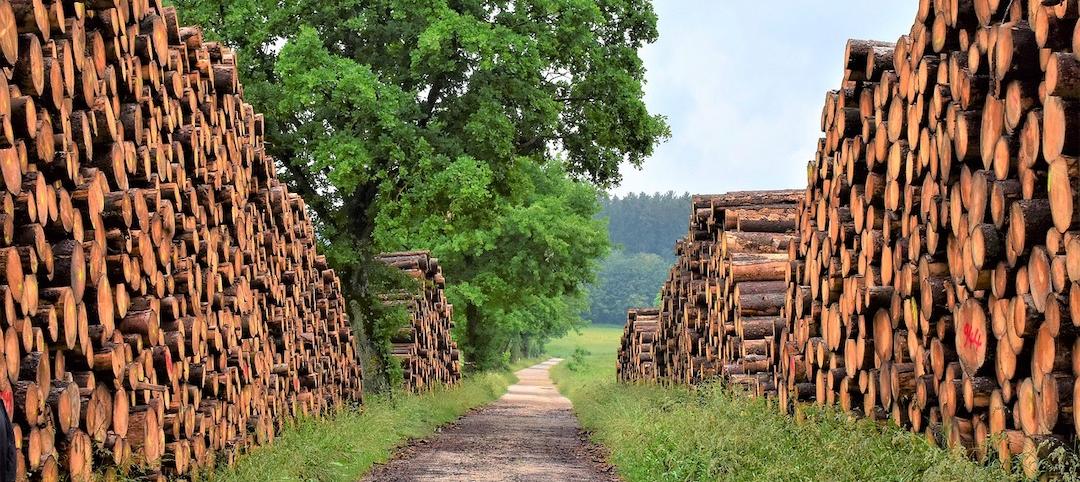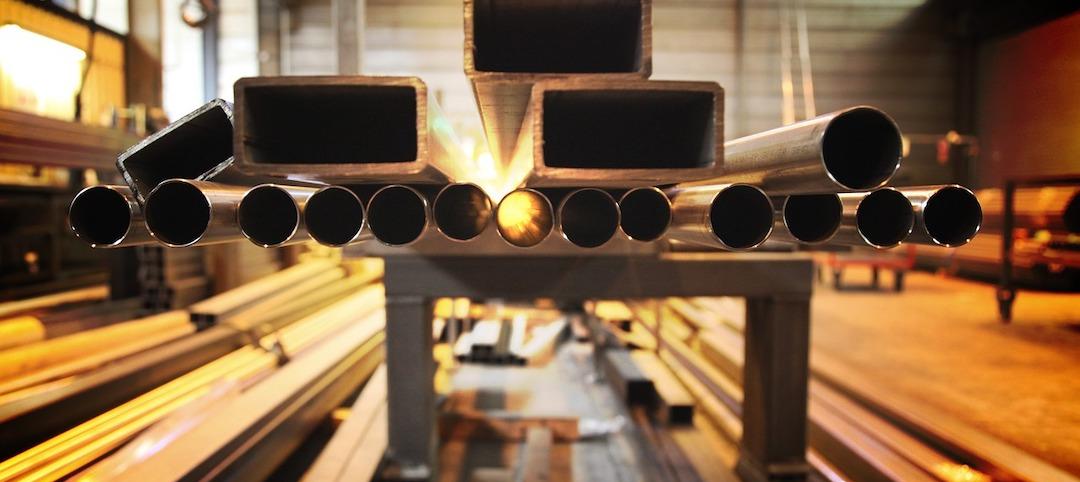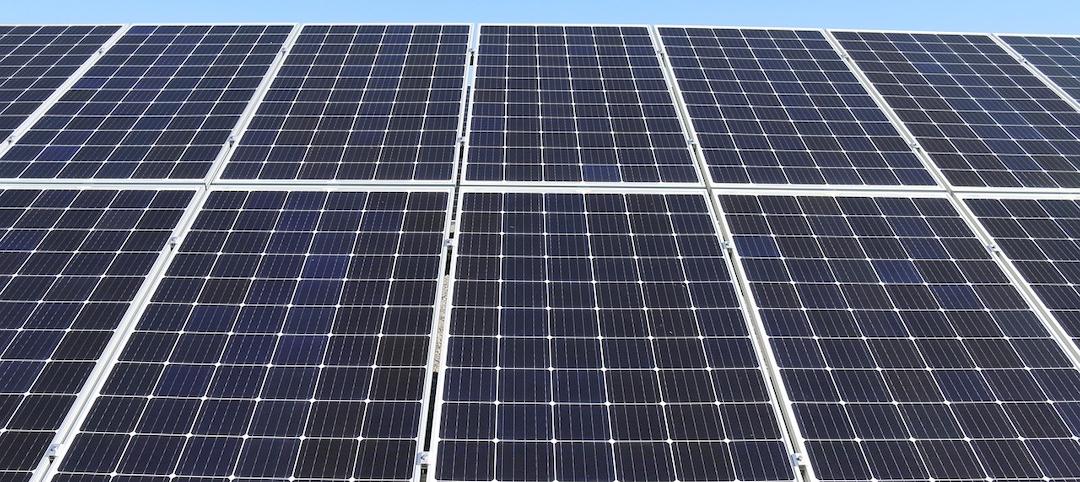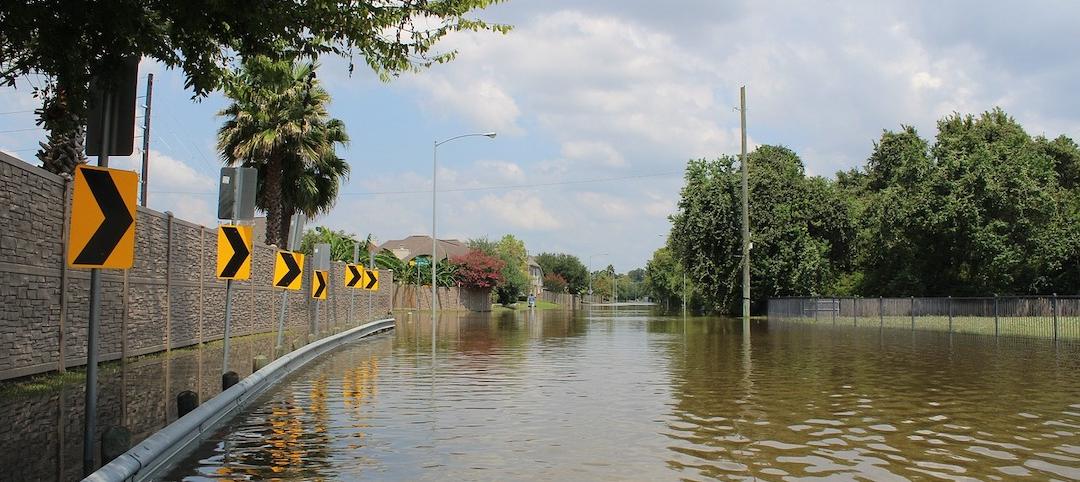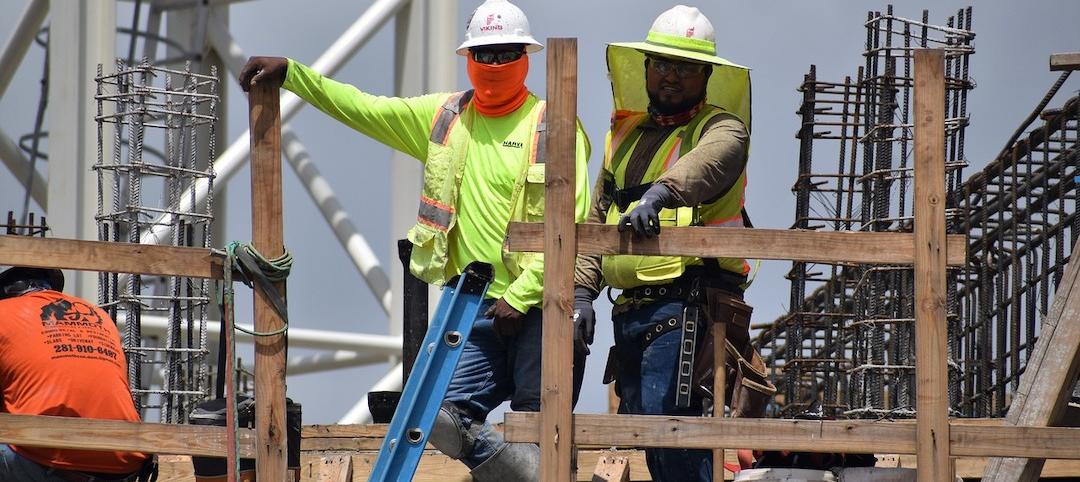Builders for Climate Action, a Canadian advocacy group, has proposed the development of a Carbon Use Intensity metric for new buildings.
The plan would measure embodied carbon in building products to include in an overall assessment of a building’s carbon footprint. The group says that choosing building materials with low levels of embodied carbon can have a larger impact on climate change than focusing solely on energy efficiency.
The Carbon Use Intensity metric would combine the impact of operational carbon, embodied carbon, and carbon intensity of the local electric grid. The broader approach is necessary to ensure that Canada’s progress toward carbon neutrality doesn’t stall, the group says.
Researchers found that houses built to more stringent energy standards may have higher levels of embedded carbon because they usually have more insulation in them. Thicker layers of insulation such as closed-cell polyurethane foam can add a significant amount of carbon in the building.
Related Stories
Codes and Standards | Jan 19, 2022
Canada’s Trudeau seeking building codes changes, net-zero emissions building strategy
Prime minister also wants net-zero electricity grid by 2035.
Codes and Standards | Jan 18, 2022
Greater emphasis on building materials needed to achieve net-zero carbon offices
Engineered wood, straw, and bamboo can be keys to achieving goal.
Codes and Standards | Jan 17, 2022
AISC seeks comments on draft earthquake standard for steel buildings
Includes new limits for cross-sectional slenderness of steel columns based on latest research.
Codes and Standards | Jan 12, 2022
California’s wildfire building code significantly reduces structural loss
As other states consider upgrading their codes, Golden State provides useful model.
Codes and Standards | Jan 12, 2022
Regulator holding back climate-friendly, energy-saving equipment deployment, critics say
Heat pumps, solar power could be made more accessible for low-income communities in Massachusetts.
Codes and Standards | Jan 11, 2022
Cost hikes drive nearly one million renters out of homeownership qualification in 2021
Household income needed to pay a mortgage rose to $62,872 from $55,186.
Codes and Standards | Jan 10, 2022
New ratings services focus on climate risk for homeowners
Efficacy of models used in risk assessment varies.
Codes and Standards | Jan 6, 2022
Virginia contractors having a tough time finding diverse subs to meet state goals
Survey of primes may indicate similar issues at federal level.
Codes and Standards | Jan 5, 2022
Boston drops parking requirements for affordable housing
Measure expected to spur new projects.
Codes and Standards | Jan 4, 2022
Dept. of Energy Better Climate Challenge aims for 50% GHG emission reduction by 2030
Program offers technical assistance and peer-to-peer knowledge sharing.




